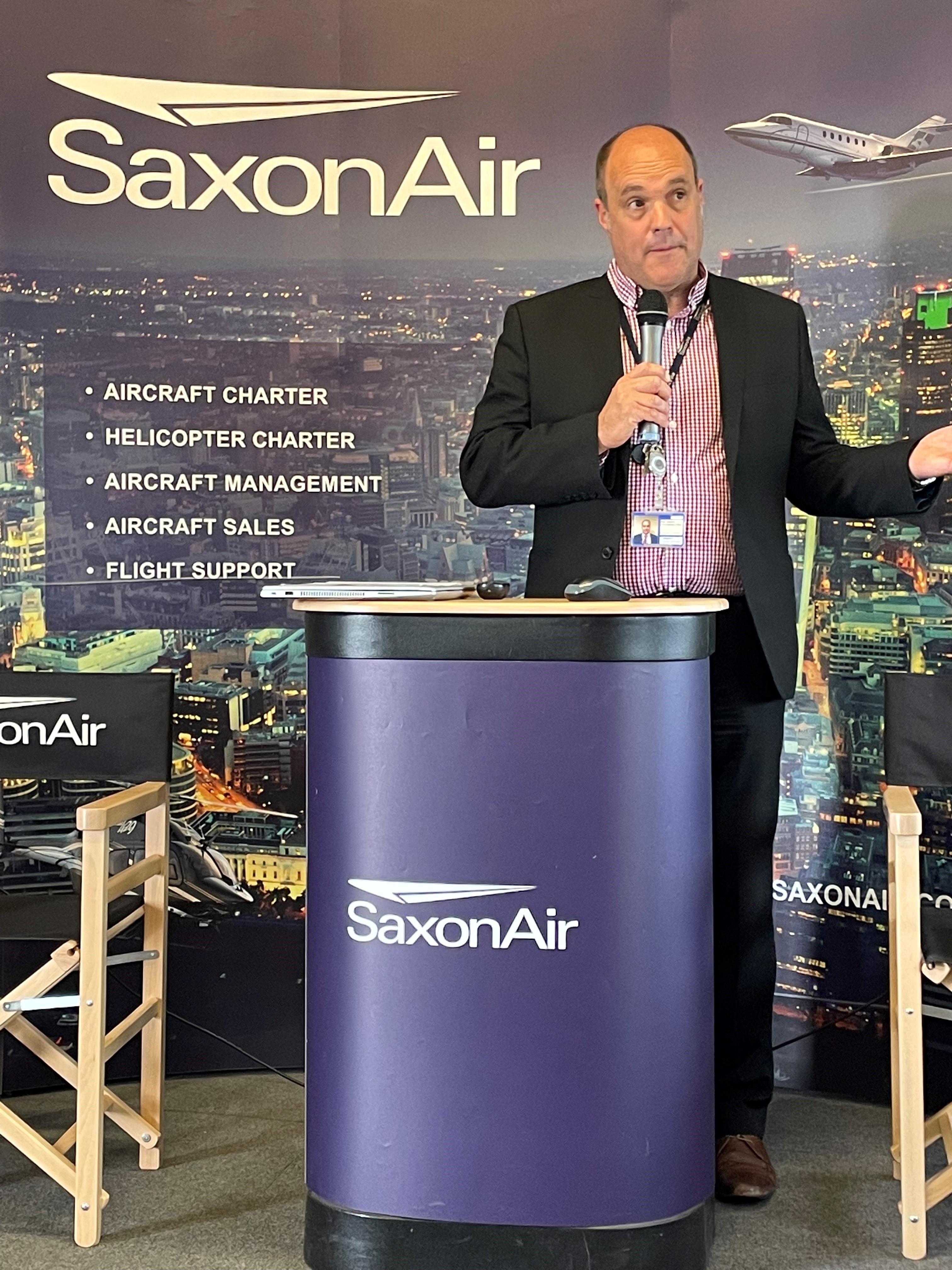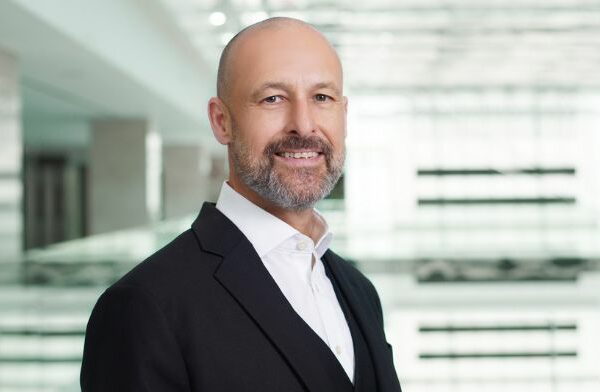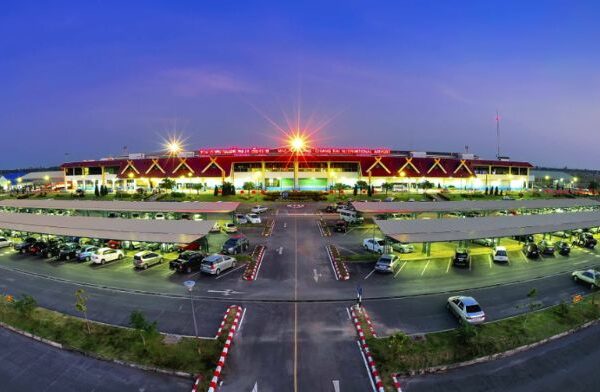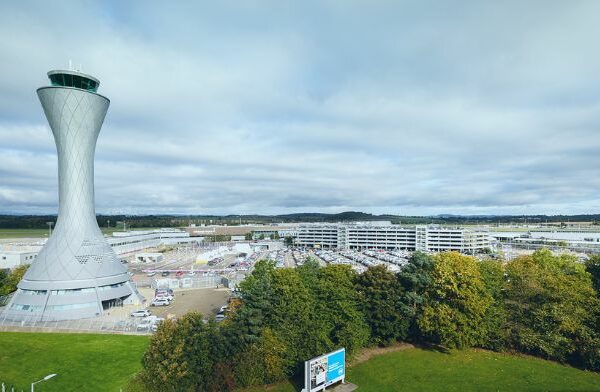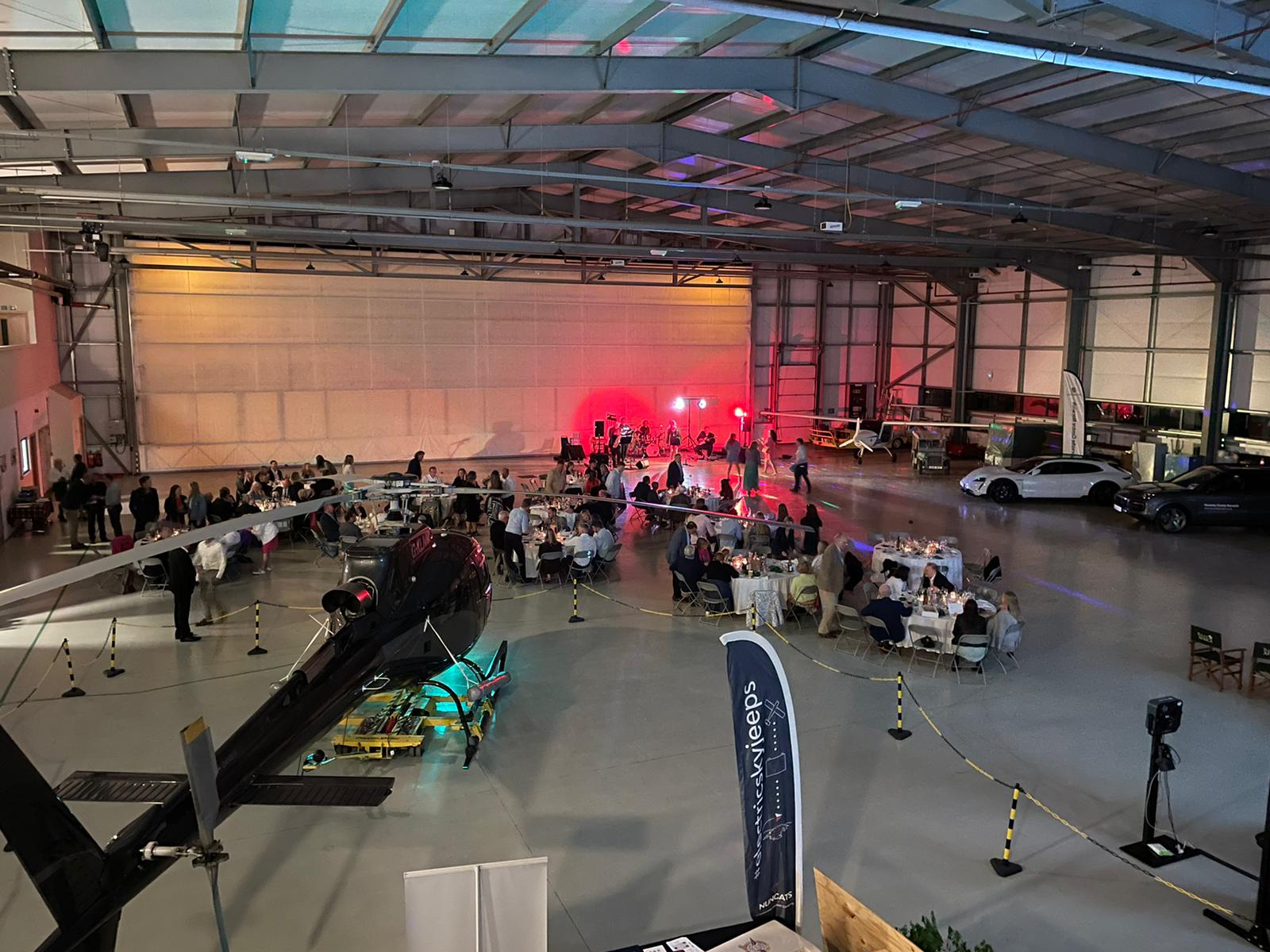


UK private aviation services provider, SaxonAir, has underlined the positive contribution of aviation to sustainability and the environment, by hosting a wild weekend at its hangar at Norwich Airport at the end of May.
To explore aviation’s wider relationship with conservation and see what its sustainable future might look like, SaxonAir collaborated with various local partners to showcase the practical steps businesses can take on their flightpath to lower carbon emissions.
Visitors were given the opportunity to find out more about the Norwich Airport bees programme and the “throw and grow” initiative in the SaxonAir pollinator garden. Representing home-grown charity, Explorers Against Extinction – which is supported by SaxonAir – Rebekah Hill explained the role of aviation in conservation, particularly in remote communities, as well as how it supports ecotourism.
Hill cited examples of how aircraft can be used in wildlife monitoring and aerial surveys, satellite imagery, emergency air lifts for people living in remote communities, as well as the relocation of wildlife species and the transportation of injured animals. In addition, with human-wildlife conflict a serious concern for farmers in rural settings, aircraft and drones are often used to help monitor and prevent crop raiding, as well as seed dispersal. All of these activities especially in remote communities rely heavily on aviation, which includes ground support infrastructure, whether that’s a fully functioning airport or simply a landing strip in a field.


“It’s all about leveraging the circular economy,” said Durand. “The answer is to look locally, at what we can do with what we have, how we can come together and better engage with the whole community. We all have a responsibility to protect our environment and ensure sustainable growth by sharing resources and knowledge.”
While he noted that airports and their partners are a vital piece of that circular economy, saying they “generated opportunity and inclusivity for all,” Durand also underlined that the balance in terms of development isn’t quite right when it comes at looking at the evolution of aircraft versus airports. “While the industry is currently focused on the next 100 years of aviation, it is also dealing with the last 100 years of infrastructure. Greater investment needs to be made in ground infrastructure and support services,” he concluded.
